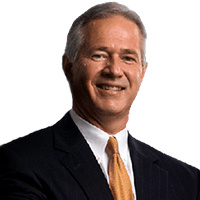Terrell White Collar Crime Lawyer, Texas
Sponsored Law Firm
-
 x
x

Click For More Info:
-
Stephanie Alvarado Attorney at Law
100 N Central Expy Suite 805 Richardson, TX 75080» view mapCriminal Defense Law Fighting Against Unjust Prosecution
Attorney Stephanie Alvarado is there for her clients when help is needed right away. Helping people charged with crimes in Texas for over 20 years.
800-988-5471
John R. Teakell
✓ VERIFIEDCriminal, Federal Appellate Practice, DUI-DWI, RICO Act, White Collar Crime
John R. Teakell has over 30 years experience in criminal law as both a prosecutor and criminal defense attorney. Those charged with serious crimes see... (more)
Volney Laron Brand
✓ VERIFIEDBusiness, White Collar Crime, Federal, Accident & Injury, Employment
Volney Brand is a practicing lawyer in the state of Texas. Attorney Brand received his J.D. from the University of Iowa in 2009.
FREE CONSULTATION
CONTACTDan C. Guthrie
International Tax, Health Care Other, Health Care, White Collar Crime, Securities Regulation
Status: In Good Standing
FREE CONSULTATION
CONTACTFREE CONSULTATION
CONTACT Stephanie Alvarado Richardson, TX
Stephanie Alvarado Richardson, TX Practice AreasExpertise
Practice AreasExpertise



